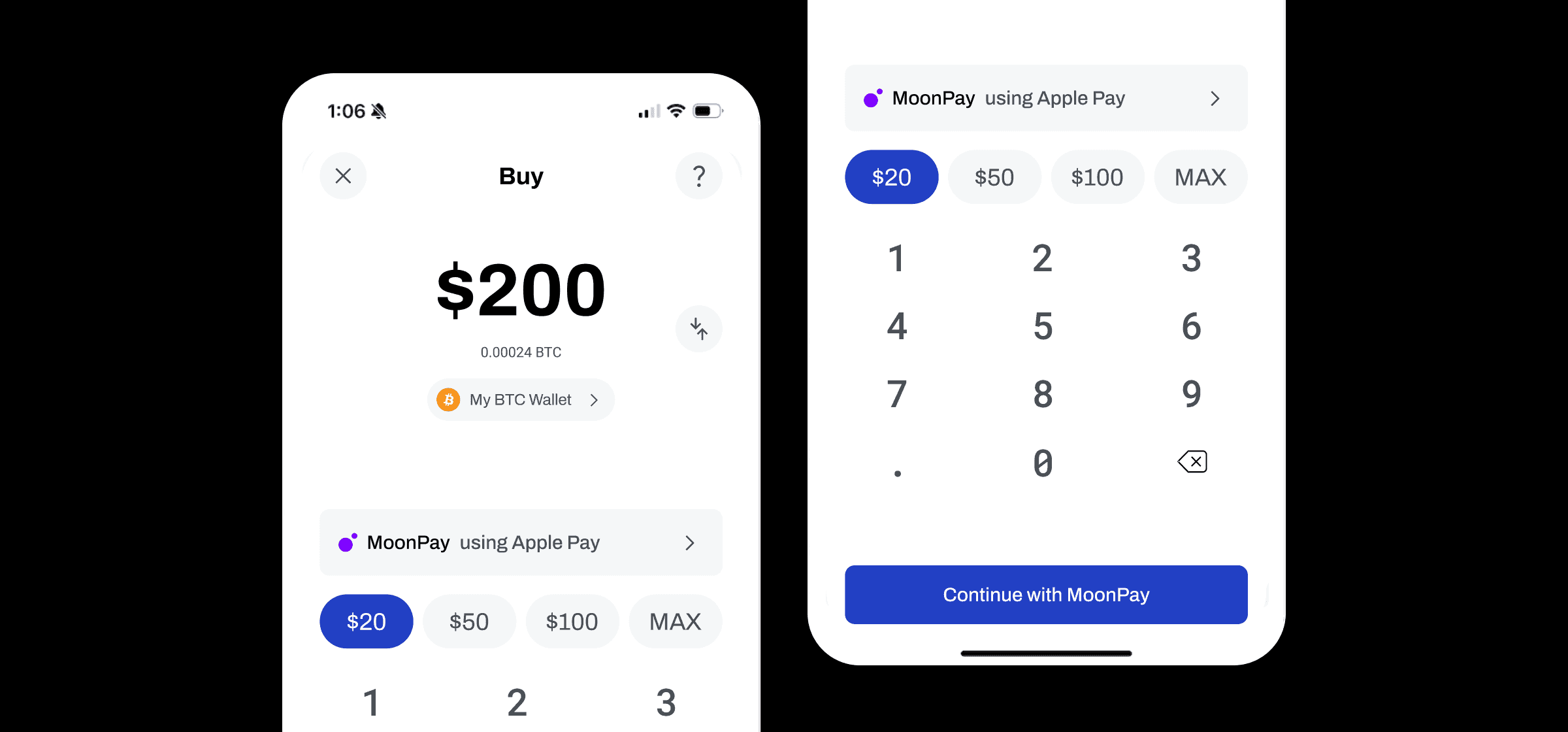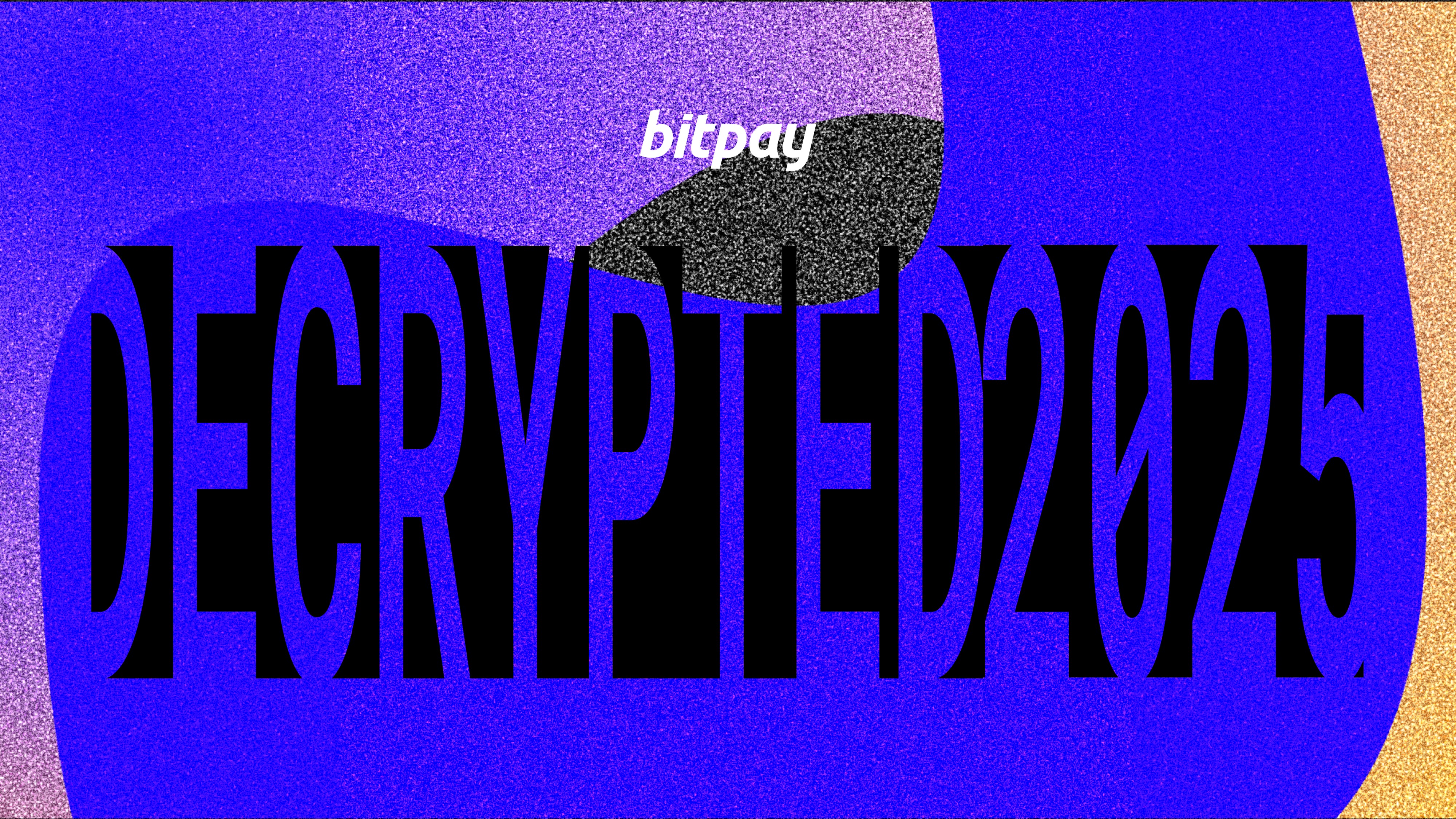May 14, 2018
Is Your Bitcoin Safe? How to Avoid Cryptocurrency Scams
The price of Bitcoin grew over 250,000% in the last seven years. In May 2011, Bitcoin was worth around $7.00. Today...
Well, it was when we started this blog post
These numbers make it easy for anyone to dream of quick riches and those dreams combined with the complexity of cryptocurrencies make it easy for con artists to scam unsuspecting people. Because these scams are usually online, it’s up to you to guard yourself against them. Here are a few tips to protect your Bitcoin, Bitcoin Cash, and other cryptocurrencies.
Don’t Send Crypto to Strangers
Scammers will often offer you Bitcoin or Bitcoin Cash or Ethereum… right after you send them some “to confirm your address.” That’s not how it works.
It’s like your email. Want someone to send you an email? Tell them your email address. Do you need to send them an email first? Not at all.
To receive Bitcoin or Bitcoin Cash, you only need to provide your public address. You can find that on our BitPay wallet by pressing Receive.
## Protect Your Private Key
Any information other than your Bitcoin address might put you at risk. If you send anyone your private keys or your twelve-word backup phrase, you risk losing all of your crypto. It would be like giving out your password for your email address. And unlike your email address, there won’t be any Google or Yahoo or Microsoft or Apple to restore rightful ownership.
This includes companies and organizations. As for BitPay, we won't ask for your private key, your passwords, or your backup phrases. And we certainly will never ask you to send us money (unless you're paying a BitPay merchant invoice).
If you’ve never backed up your wallet, here’s a video on how to backup the BitPay Wallet. If you keep your wallet on an exchange, you can read our blog post about the pros and cons of doing so. If you have a backup phrase, remember:
Check out our blog post on securing your private keys and backup phrase.
## Don’t Click Suspicious Links
Unless you know who is sending you a link and why, do not click on it. Most often, this is how malware is downloaded and wreaks havoc on your computer. This video will explain why you shouldn’t trust links you can’t see: https://www.youtube.com/watch?v=dQw4w9WgXcQ.
If you clicked the link, you were just Rickrolled. The reason it’s so easy to Rickroll people is that there is no way to tell what video you’ll watch from the YouTube URL (v=dQw4w9WgXcQ in the case of the Rickroll video). But there’s no harm there, because the worst-case scenario is an annoying video.
But what about https://bit.ly/IqT6zt? That will take you to the same YouTube video, but you have no way of knowing where it’ll go. It might instead take you to a site impersonating an email provider or a cryptocurrency company and trying to collect your sensitive digital information.
So don’t click suspicious links, download suspicious files, or install plugins and software that you aren’t sure about. Cryptocurrency may be a new, complex technology, but these guidelines along with caution and common sense should help you stay safe and secure.
Going Forward
To further help you identify crypto scams, BitPay has started compiling a list of scams that our users sometimes encounter. Please reach out to us with additional scams you’ve come across so we can add them to the list. Email us at thoughts@bitpay.com with the subject line “Bitcoin Scams:”
Want to stay up to date on BitPay news? Subscribe to the BitPay blog for BitPay and bitcoin payment news.
Note: All information herein is for educational purposes only, and shouldn't be interpreted as legal, tax, financial, investment or other advice. BitPay does not guarantee the accuracy, completeness, or usefulness of any information in this publication and we neither endorse, nor are we responsible for, the accuracy or reliability of any information submitted or published by third parties. Nothing contained herein shall constitute a solicitation, recommendation, endorsement or offer to invest, buy, or sell any coins, tokens or other crypto assets. BitPay is not liable for any errors, omissions or inaccuracies. For legal, tax, investment or financial guidance, a professional should be consulted.




